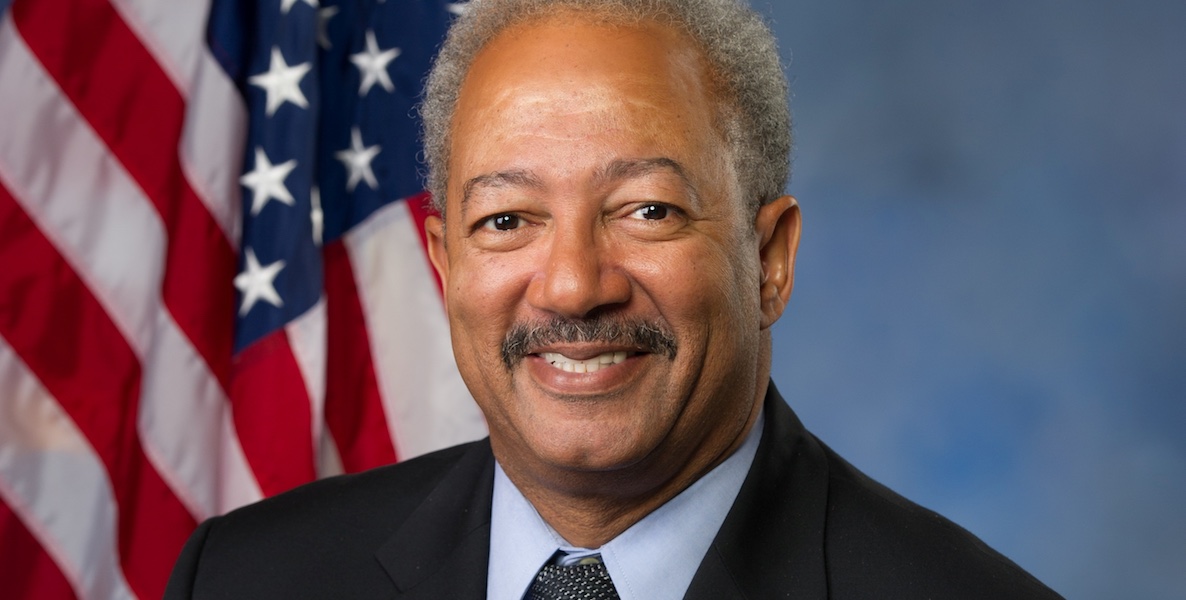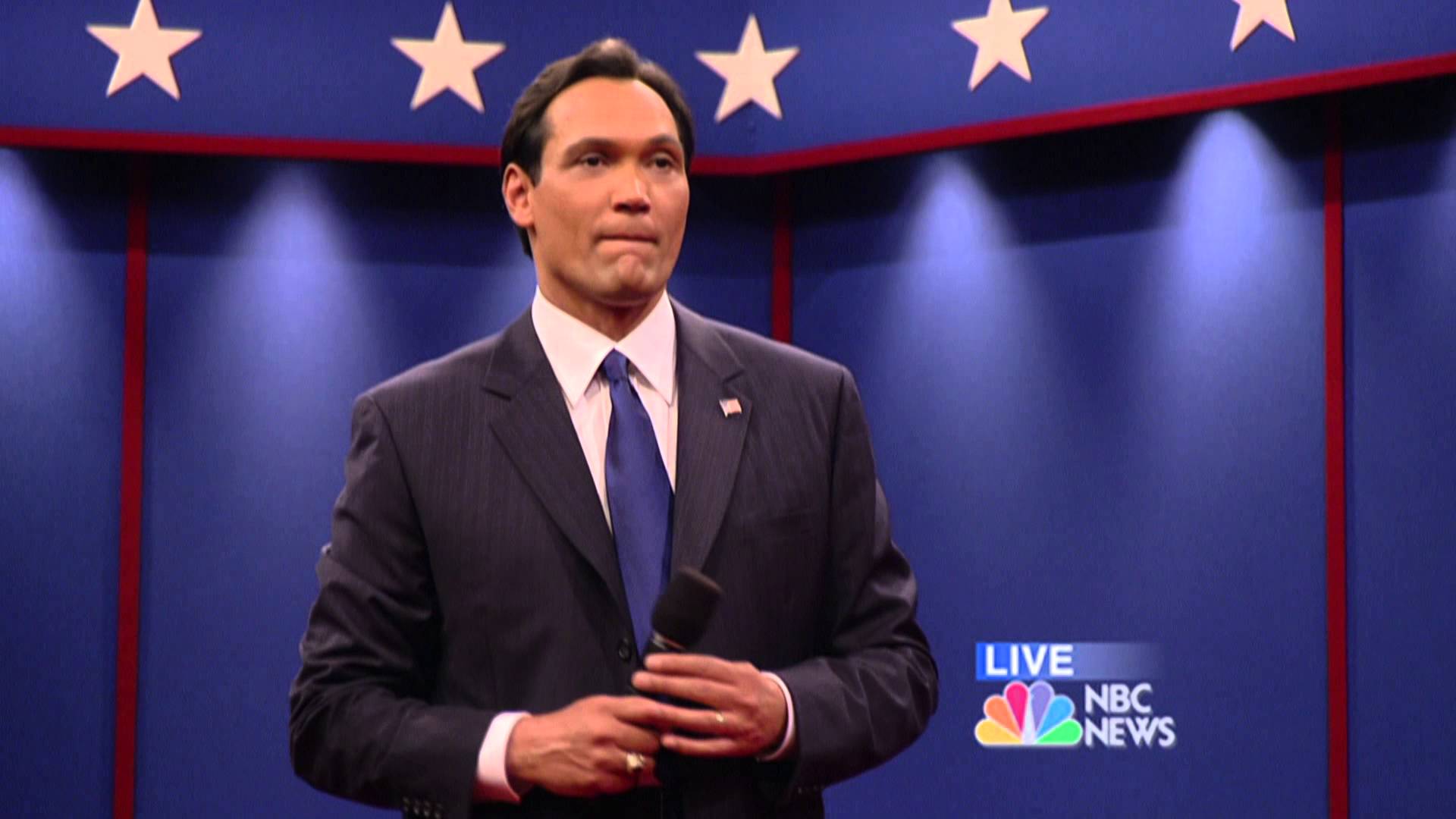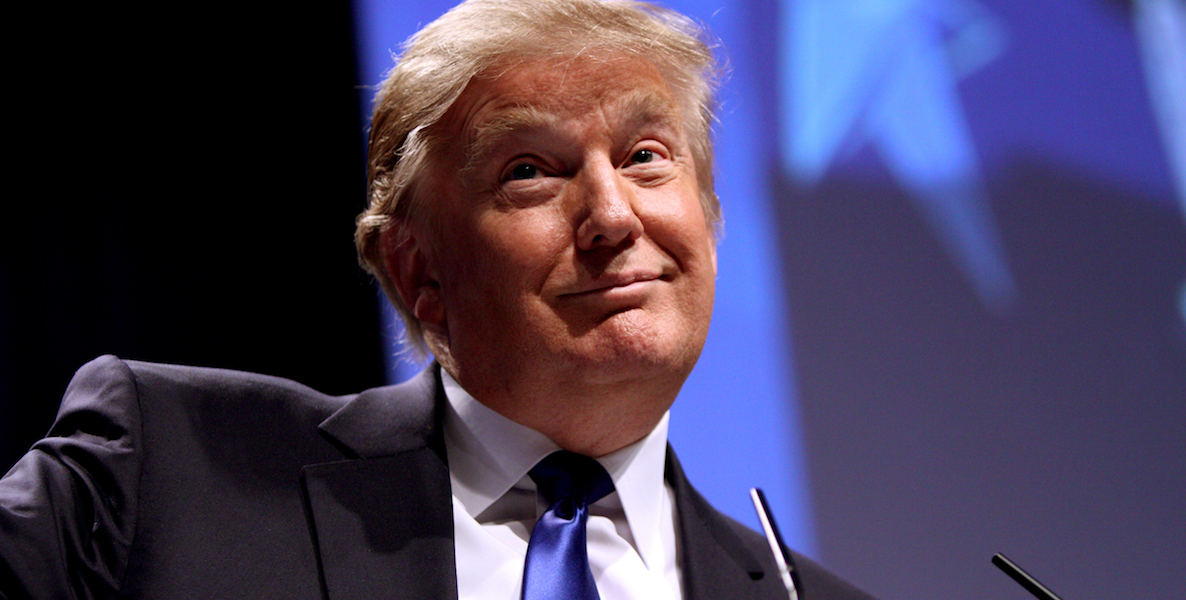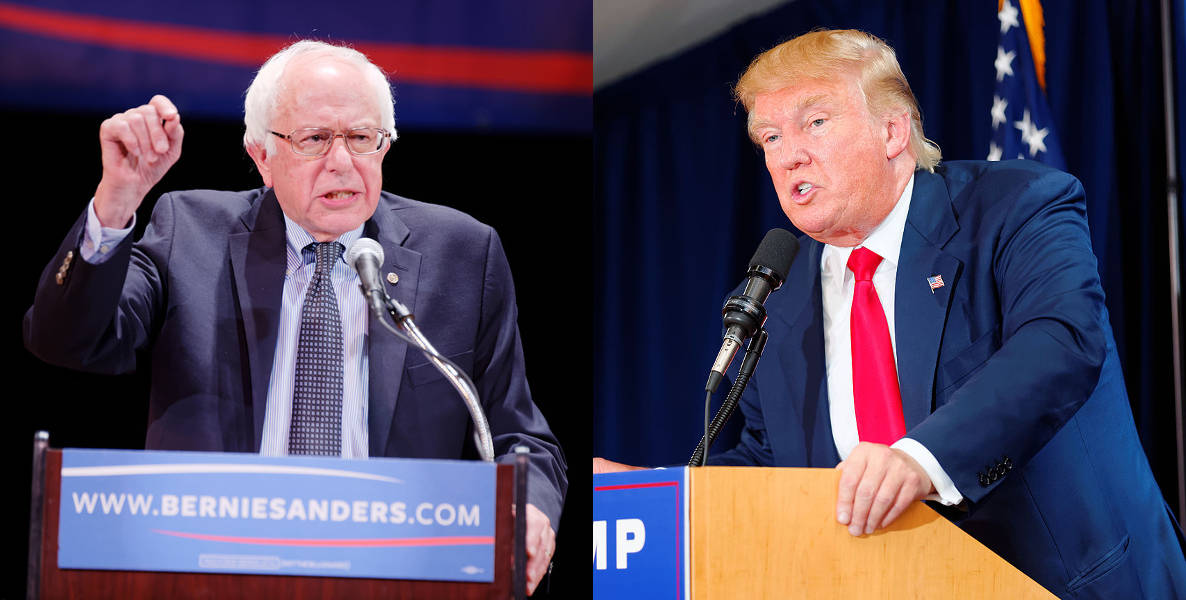There is a prevailing certainty in the U.S. that an American “Brexit”—a “Trexit,” or a commanding Donald Trump victory in November—cannot and will not happen here. But that calming tropical breeze of conventional thought is up against gale force winds of change.
It is easy to buy in to the wisdom of, well, almost everybody paying attention to the election.
The Republicans seem to be running from Trump because one or another Republican has said at some point that Trump is not really a Republican, not really Presidential timber, and not really interested in governance. The Democrats seem to be running from Trump because they say he spouts nativist, isolationist rhetoric that will end the established world order. Independents seem to distrust both views and both major-party Presidential candidates.
Hillary Clinton so far is running to defeat Trump, creating the perception that a Democratic victory at the top of the ticket will be good for her but not necessarily for the down-ticket Democrats. In other words, Clinton might seem to voters to be doing what’s best for Clinton rather than what’s best for the Democrats—a view that will not mobilize voters.
The Berners are not helping the Clinton case. Their candidate’s endorsement of Secretary Clinton set a tone of electoral indifference that will spur youthful complacence come Election Day. The fact that his followers are hashing out whether to capitulate to the Democratic Party as if dealing with the devil should reassure no Clinton supporter. To wit: Fox News featured the Bern of discontent as its lead online.
Change has the wind at its back. This week’s CBS News Poll shows the candidates tied, eliminating a six-point Clinton lead last month. Rasmussen has Trump with a seven-point lead heading into the Republican convention.
Jill Stein of the Green Party and Gary Johnson of the Libertarian Party are reaping moments of opportunity to champion their ideologies, but neither is likely to exceed expectations when the votes are counted.
So let’s recap what happened in Great Britain. Former Prime Minister David Cameron called for an up-or-down referendum on Brexit because he thought it would cause Conservative voters to pull together. Instead a composite Trump—Nigel Farage of the United Kingdom Independence Party and Boris Johnson, former London Mayor (and newly-named UK Foreign Minister) and all-around Conservative irritant—ran a campaign that should have fallen flat. They toured the Commonwealth making outlandish allegations and promises (many of which they withdrew without remorse the morning after the Brexit vote). They promised to take back their country, most particularly from the immigrants who they suggested were taking what is rightfully theirs (they = traditional, white Britains), and make the Brits masters of their own national fate again. Remind you of anyone?
It could never happen here?
On a call this morning, a British friend recalled that the moment Cameron made the choice binary—Remain or Leave?, yes or no?, stay or go?—he stepped on to a slippery slope that put him outside the gates at 10 Downing Street.
Why did he not offer a Reform choice, she wondered? That would have given voters a choice with real meaning on an issue with real complexity and nuance.
Now it’s Clinton v. Trump. More v. Change.
Change has the wind at its back. This week’s CBS News Poll shows the candidates tied, eliminating a six-point Clinton lead last month. Rasmussen has Trump with a seven-point lead heading into the Republican convention.
The most telling fact of the polling week: 72 percent of Pennsylvanians responding to a recent Quinnipiac University poll said they agree that “the old ways don’t work and it’s time for radical change.” Trump now leads Clinton in that poll, raising the question whether he could be the first Republican in a generation to win Pennsylvania in a Presidential race. (Another new poll shows Clinton with a comfortable lead here.) In Florida, another critical state, Trump leads by 2, and Ohio is an even split.
You might want track that “radical change” polling point over the next few weeks. A lot of pollsters will be asking about it.
Even as Trump gains, everyone thinks they know that it’s too early to put too much on early polls. Watch the averages, they say. Well, the averages are tightening, too, at the national and at the state levels.
Trump doesn’t have a real campaign set up? He pulled off an electoral coup of the Republican Party, its convention, and its campaign apparatus. You think Hillary Clinton might look out for herself first? Have you met Donald Trump? There’s no predicting how he will use the significant resources of the Republican Party… or will it be the Trump Party?
Heck, a growing number of voters are not going to like—or vote for—anyone who has been elected before. We have seen throw-em-out elections before, and they are a force to behold.
He will not have the same political operation that Clinton and the Democrats have, but he may not need it. I am not a fan of 140-character campaigning, but Twitter works if you’re campaigning without specificity or nuance. Gaffes in debates? Tweet about your bon mots. Self-contradicting positions? No one who follows the news via Twitter has to know.
Dislike for Trump? For Clinton? On a consistent basis, both draw dislike from more than half the people polled. After the FBI report on Clinton’s email use, her negatives spiked. Heck, a growing number of voters are not going to like—or vote for—anyone who has been elected before. We have seen throw-em-out elections before, and they are a force to behold.
And that’s where the real risk is for conventional thinking: the more this election is a choice between Remain (More of the Same) and Leave (Change), the less confident anyone should feel that they know how it will end. Ask former British Prime Minister David Cameron.
Even Secretary Clinton’s aces up her sleeve—President Obama, former President Clinton, Vice President Biden, even the Republican Resistance of former Presidents Bush and candidates Romney and McCain—could lose to an inside-draw royal straight flush blowing in on the winds of change.
All the reasons you think it will never happen—Trump’s not a real Republican or even a real politician, Clinton resists a reductionist America-first Twitter-sized message, and the majority of voters no longer trust politicians—may be the reasons it does happen.
Trexit is impossible? Don’t be so sure it won’t happen here.
Mark A. Pinsky is a writer and policy consultant based in Philadelphia.
Photo header: Flickr/Gage Skidmore







